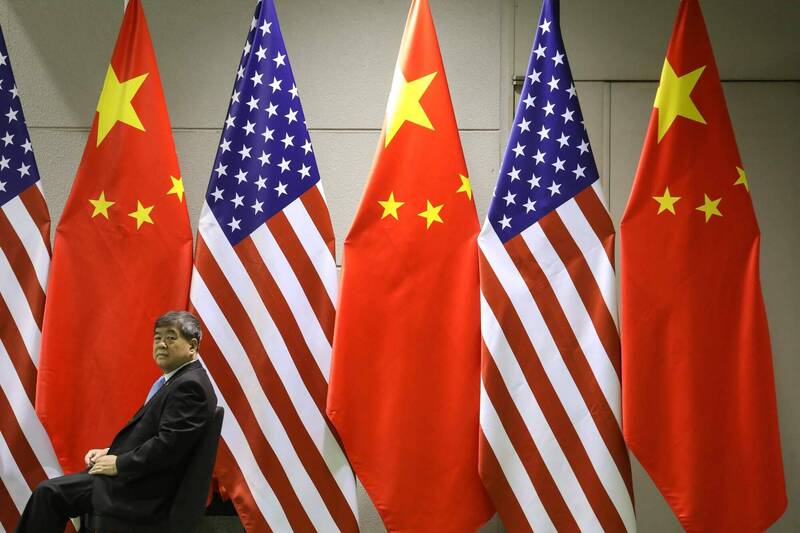The United States is trying to stop China's economic bullying through domestic legislation and lobbying allies to take joint action.
(Reuters)
[Compiled Sun Yuqing/Comprehensive Report] "Nikkei Asia" (Nikkei Asia) reported on the 2nd that in view of China's frequent economic retaliation against other countries in recent years, the United States has promoted legislation at home to establish methods and tools to counter China. Demand joint action from members of the Group of Seven (G7), such as lowering tariffs on affected countries, to help them counter pressure from Beijing.
According to reports, the United States has taken the lead in taking domestic actions. In February this year, Congress proposed a bipartisan bill authorizing the President to take various measures to counter China’s economic coercion. In addition to raising import tariffs on Chinese goods, the United States will also allow the United States to send money to countries coerced by China. The state provides financial assistance.
One of the proposals states that the United States will reduce import tariffs on products from the victimized country, increase the country’s exports to the United States, and make up for the losses caused by China’s bullying.
The Biden administration is reported to support the measure.
Please read on...
Beijing continues to use economic power to achieve diplomatic goals, such as raising import duties on Australian coal, wine, barley and other commodities after Australia demanded an independent investigation into the origin of the Wuhan pneumonia (COVID-19); After strengthening the relationship, it imposed restrictions on its imports; after the dispute between Japan and China over the Diaoyutai Islands (known as the Senkaku Islands in Japan), it stopped exporting rare earths to Japan.
Not only that, but for countries that criticize China's human rights record, Beijing will also resort to measures such as ordering business closures, restricting citizens' entry, and suspending borrowing.
It is understood that China's trade volume with Australia, Japan, and South Korea accounts for about 20 to 30% of the total trade volume of these three countries, but the trade volume of these three countries with China accounts for less than 10% of China's total trade volume. Beijing therefore There are chips to fight economic warfare.
The United States believes that since many countries are extremely dependent on China economically, multinational joint actions will be more effective in deterring Beijing from bullying other countries than single-country actions, and Beijing is more likely to back down.
Therefore, the United States has asked its partners to take joint action at the G7 working-level meeting and requested that this matter be placed on the agenda of this year's G7 meeting.
Washington is also preparing to finalize relevant details with Japan, the rotating presidency, before the G7 Hiroshima summit in May.
Washington believes that the establishment of a structure in which countries can help each other to bear each other's trade losses can slow down the impact of China's economic retaliation. It also hopes that this will have a positive effect on countries in the Global South, because most of these emerging countries in the southern hemisphere, Most likely to be pressured by Beijing.
However, drawing up unified rules will be a challenge for the G7, because Germany and Japan have deep economic ties with China, and some European countries and Japan also have concerns about measures such as raising tariffs.
